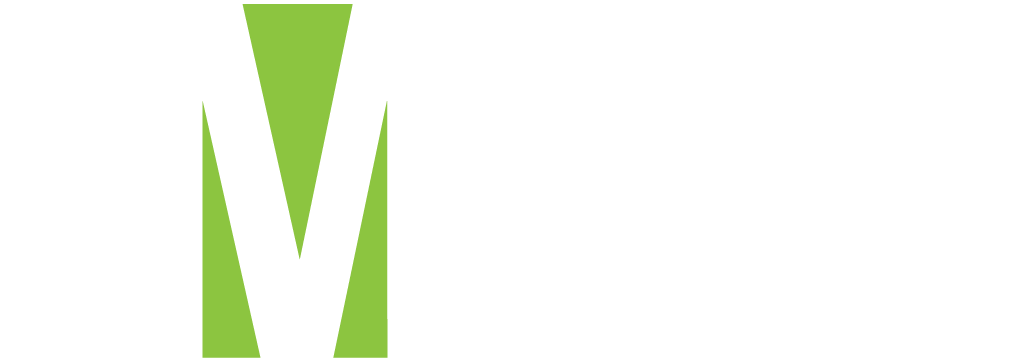Tips on Training
By Tyler Sprague
For the entire month of September, CMBAM is all about training! Training students, staff members, and all other levels of employees can be overwhelming and, at times, even downright scary. So, what can you do to ensure you’re prepared to give your staff valuable and relevant training? Through my experience as the Marketing Director for Garnet Media Group at the University of South Carolina, I hope to provide some insights into what I’ve learned about training student media staff.
First, I’d like to outline the similar problems most student organizations face regarding training. At the top of this list are heightened turnover rates and student scheduling. Student media can be a tricky industry because most of its workforce is made up of, well … students. Students have many different time commitments and schedules, making staff retention difficult. Another problem many organizations face is translating training into experience. Training presentations over pizza and icebreakers (although very, very fun) only go so far when your staff starts to face the reality and challenges of their positions. With these problems in mind, I hope the following advice can help.
I have found that treating training more as learning and teaching has led to higher staff retention and performance. Training should provide learning opportunities for both the trainer and the trainee. As a trainer, your first task should be developing learning outcomes for your trainees. What do you want them to know? What do you want them to do? By fleshing these outcomes out, you will provoke more thoughtful questions, engagement and understanding from your trainees.
My second piece of advice may sound obvious, but it has truly helped me improve my training and increase my team’s retention. Make your training valuable. Make it matter to your staff. Your staff (especially students) wants to learn and connect their work in student media to their academics and careers. Feel free to dive into the complexities of student media and the specifics of their positions. This can help them understand their work’s value and why their position matters. In addition, incorporate concepts into your training that will provide value for your staff beyond their involvement in student media. Diversity, inclusion, equity competence, conflict resolution, cultural understanding and professional communication are all examples of skills that you can teach your staff that significantly improve their employability in the future.
I hope these pieces of advice can help improve the training practices of your organization or, at the very least, remove some of the pressure from your recruitment season. If you’re interested in more training advice and best practices, check out a recording of our panel discussion on training held over Zoom on Sept. 1 in the member resources section of the website, available only to CMBAM members logged in on the site.
